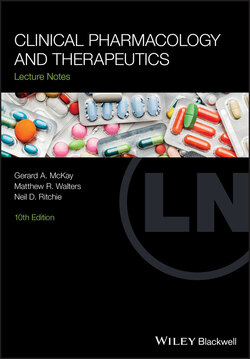Читать книгу Clinical Pharmacology and Therapeutics - Группа авторов - Страница 153
4 Practical prescribing
ОглавлениеMost doctors will prescribe drugs on a daily basis. Approximately 640 million prescriptions are written in the UK annually, equivalent to 10 prescriptions per year for each member of the UK population. Although perceived as a routine and mundane component of the work of most clinicians, the process of good prescribing requires significant skill and care and should not be undertaken without due thought and consideration. Good prescribing involves the recommendation of the correct dose and formulation of an appropriate drug, accompanied by clear instruction regarding when, how and for how long it should be taken. A prescription should be written only when in possession of adequate clinical information about the patient and the symptoms, and ideally following solicitation of the patient's preferences and discussion of alternative treatment strategies. The need for thorough training in the skill of prescribing is highlighted by the high frequency with which drugs are prescribed at the wrong dose, through the wrong route or for the wrong condition. The likelihood of patient injury occurring as a result of a drug error has been estimated at approximately 3% per inpatient stay, an error rate that would not be tolerated by major airlines handling passengers' baggage, and surely not acceptable in modern hospitals given the potential severity of the consequences. This chapter reviews the components of good prescribing practice and discusses the pitfalls inherent in the process.
